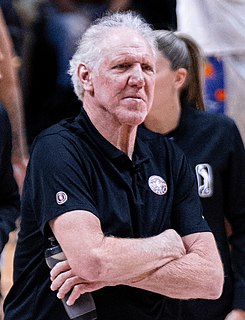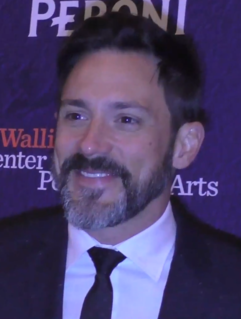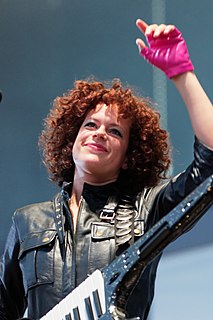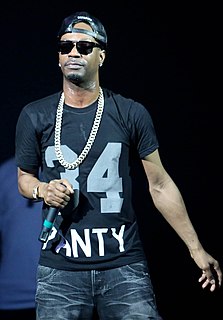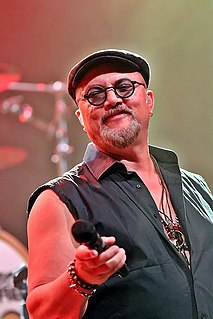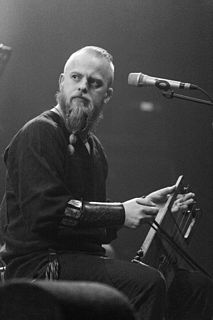A Quote by Andrew Bird
The fact that I wasn't expected to read music at all and was absorbing everything by ear... it had a huge affect on the kind of musician that I became.
Related Quotes
All musicians practice ear training constantly, whether or not they are cognizant of it. If, when listening to a piece of music, a musician is envisioning how to play it or is trying to play along, that musician is using his or her 'ear' - the understanding and recognition of musical elements - for guidance.
I never really trained to be a musician, but I've been playing guitar since I was around, like, 13 years old. For me, the guitar has always been the instrument that I've played. I play a little piano. I taught myself everything by ear. I don't read music at all, which has not really been a hindrance.
I had to run away from home in order to be a musician. Because I came from a family of... my father was a health inspector; my mother was a social worker. And I was pretty smart in school. So they expected me to be some kind of academic - schoolteacher, or doctor, lawyer - and they were very disappointed when I told them I wanted to be a musician.
When I was a kid and a young man I read everything. When I was about 23, I was incredibly lucky in that I wound up with several book review columns, which meant that I had to read huge amounts of stuff that was outside my experience and outside my comfort zone. I think every young writer should be forced to read the kind of stuff they would not normally read for pleasure.
I have a musician friend who, after reading Mountains, told me, "When I read the book, I wanted to quit music altogether and become a doctor." I told him, "Do you really think you can be a better doctor than you are a musician? Nobody needs you as a lousy doctor. Just be the one-of-a-kind, brilliant musician you are, and divert your success somehow to benefit the poor." You can achieve so much more this way.
The Christian church has a long history of gradually absorbing scientific perspectives and new discoveries. It seems to me that, in fact, that has been one of the strengths of Christianity - it has ultimately had great flexibility in absorbing new information about the world that we get from science.
I just keep my ear to the street. I haven't read any music books recently, because I figure I read everything I need to know back when I was 12, 13 years old. I know pretty much everything about record publishing, radio stations. The only thing that's changed is you gotta keep up with social media. It's free promotion.
When I started music, I started out in Puerto Rico with classical music. But what really made me want to be a musician was jazz, and because I didn't grow up with jazz, I had to learn it from a very basic level. I had to go into the history and learn everything about the development of the music, all the players and all that stuff.



